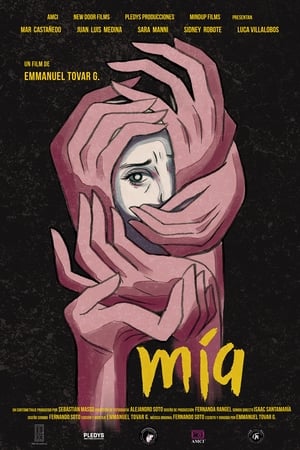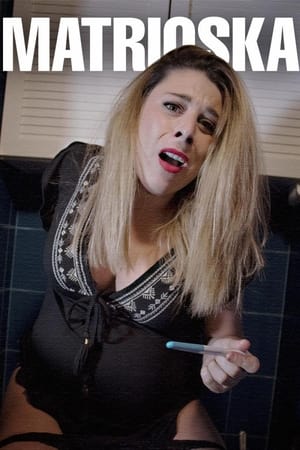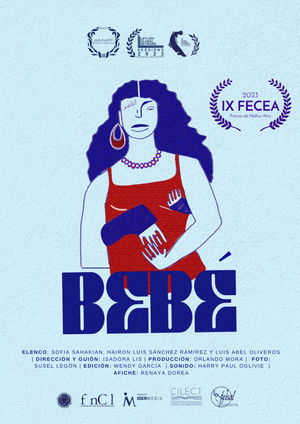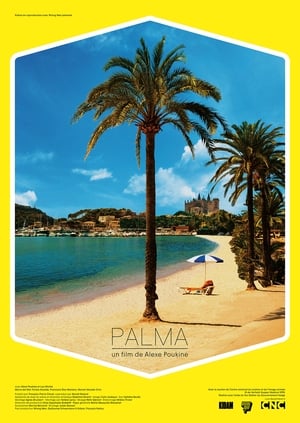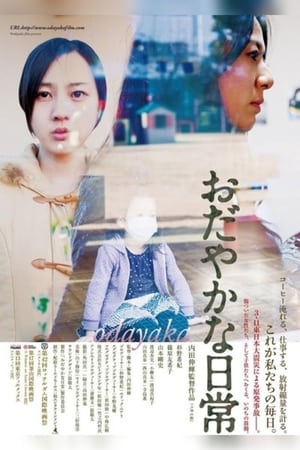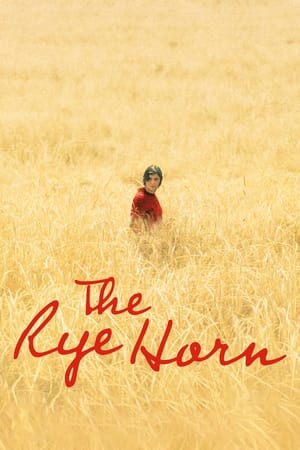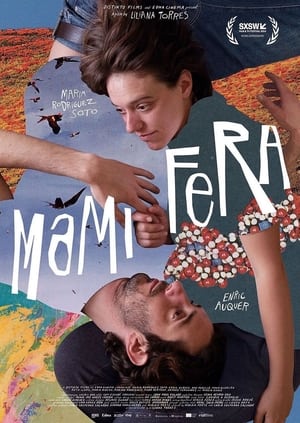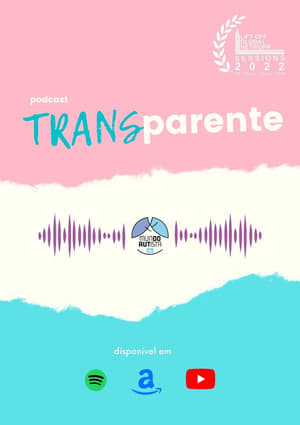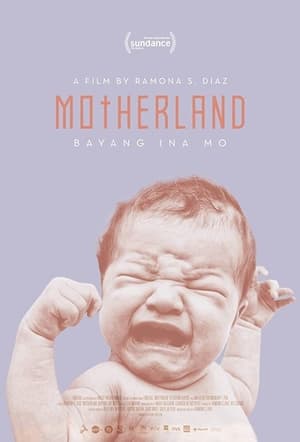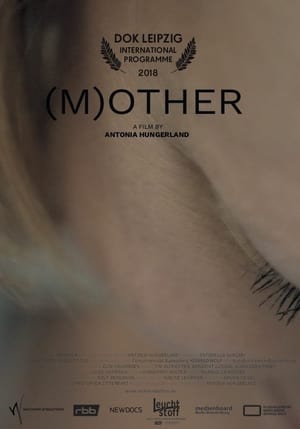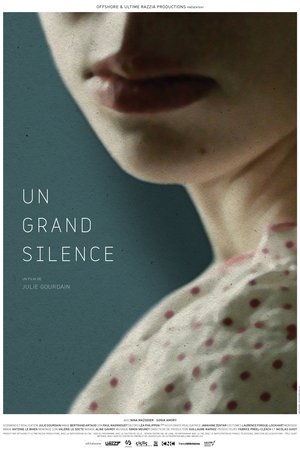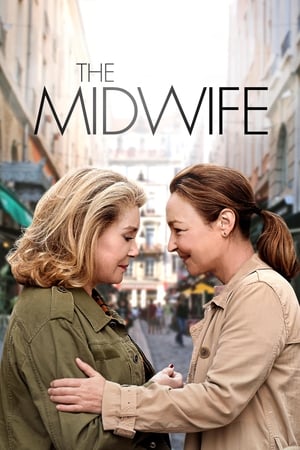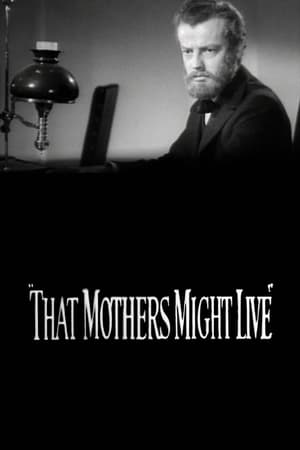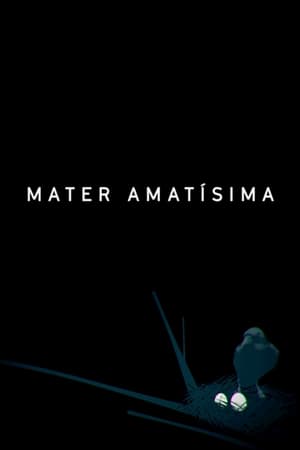Overview
Emmett enters into a nightmarish game of therapy with his wife Anya, who has inexplicably taken on the persona of his estranged and recently-deceased mother.
Reviews
This movie is disturbing on so many levels, which had me angry and confused. But I couldn't seem to turn away from it and hope for something to ease my mind from the madness and bedevilment of this story.
I truly hope others will give this a watch and see what their interpretation of the madness of the story lead them to feel. I'm conflicted and yet somewhat relieved.

 99 min
99 min
 5.2
5.2
 2023
2023
 USA
USA
 patient1 wrote:
patient1 wrote:
